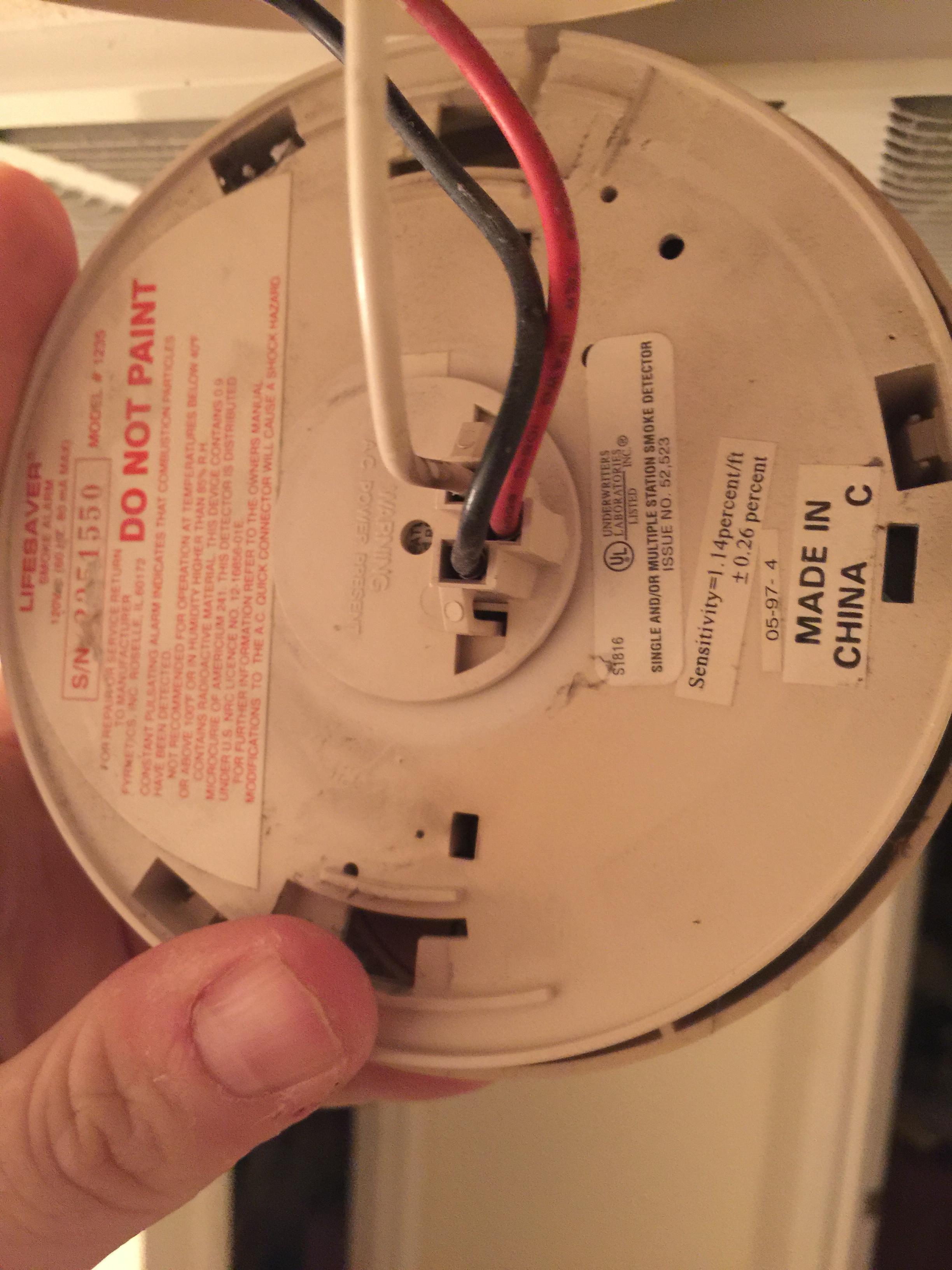After my 2m antenna was mounted on the gable end of my 2 story colonial, I started noticing that when I transmit at 65W, my upstairs smoke alarms would chirp 3 times. All of the detectors are hard wired and interconnected.
I dropped down to 25W and the problem has gone away.
Well, the detectors are almost 20 years old, so I plan on replacing them anyway.
My wife did some googling and found that some say that if the antenna isn't grounded properly, this can introduce RF into the AC lines in the house. Not sure I believe that, but my antenna is not yet grounded. If that were true, all of my detectors would be chirping. I'm guessing that the proximity to the antenna is probably related and that they are somewhat resonant to the 146MHz freq.
I've got the ground rod in the ground, but I don't have my ground block mounted yet and I don't have the additional coax to do it anyway.
I'm headed up to HRO on Thursday to pick stuff up to remedy that part.
Has anyone else seen this before?
I dropped down to 25W and the problem has gone away.
Well, the detectors are almost 20 years old, so I plan on replacing them anyway.
My wife did some googling and found that some say that if the antenna isn't grounded properly, this can introduce RF into the AC lines in the house. Not sure I believe that, but my antenna is not yet grounded. If that were true, all of my detectors would be chirping. I'm guessing that the proximity to the antenna is probably related and that they are somewhat resonant to the 146MHz freq.
I've got the ground rod in the ground, but I don't have my ground block mounted yet and I don't have the additional coax to do it anyway.
I'm headed up to HRO on Thursday to pick stuff up to remedy that part.
Has anyone else seen this before?
Last edited:


![Grin [grin] [grin]](/xen/styles/default/xenforo/smilies.vb/041.gif)
![Tinfoil Hat [tinfoil] [tinfoil]](/xen/styles/default/xenforo/smilies.vb/tinfoilhatsmile.gif)